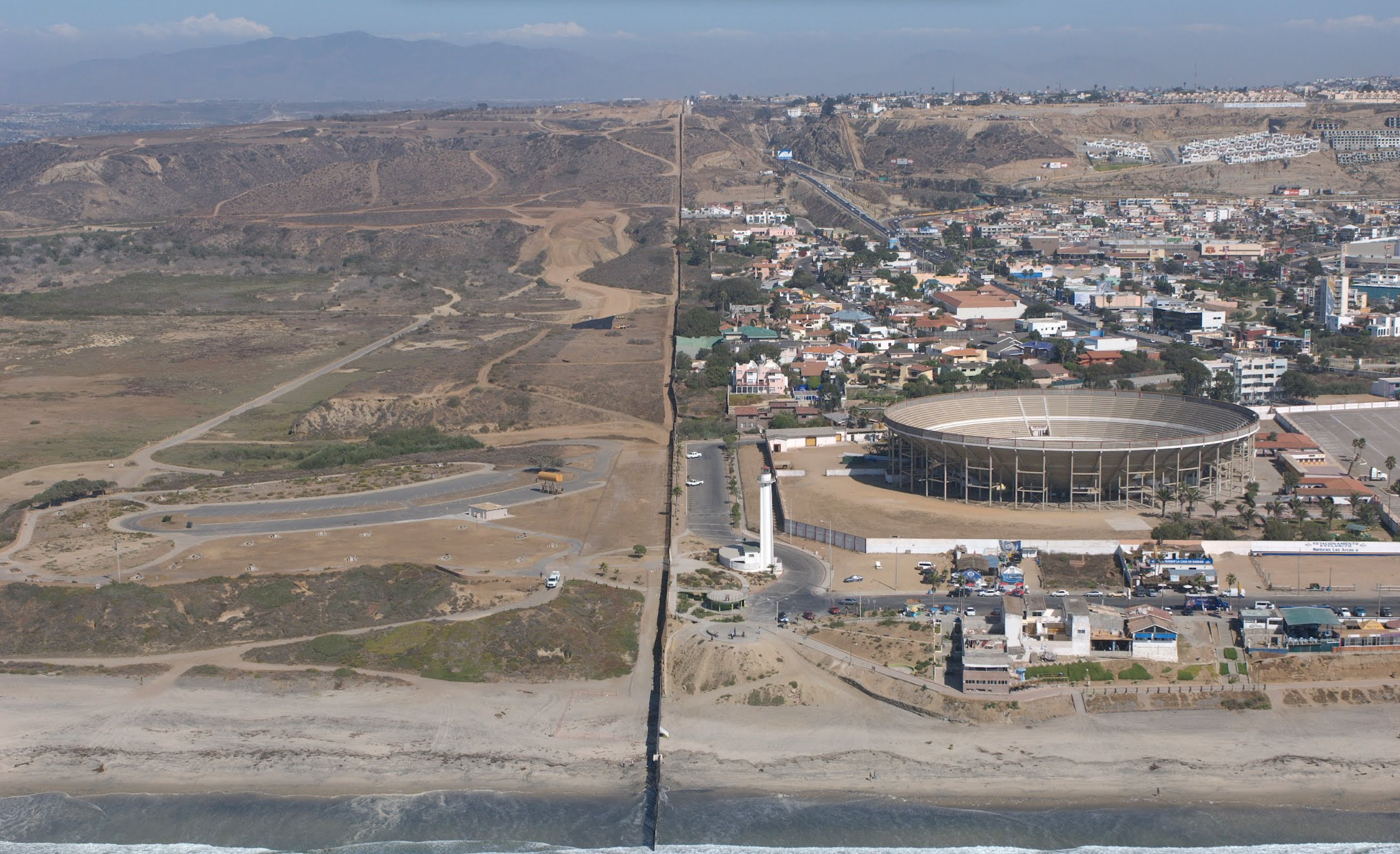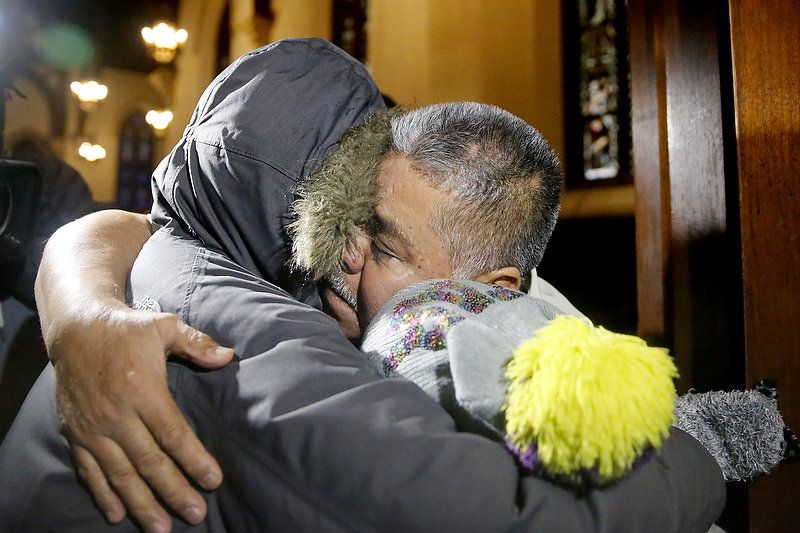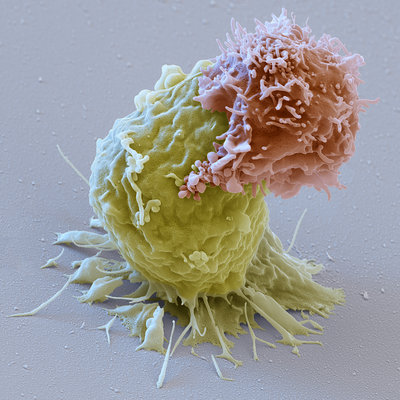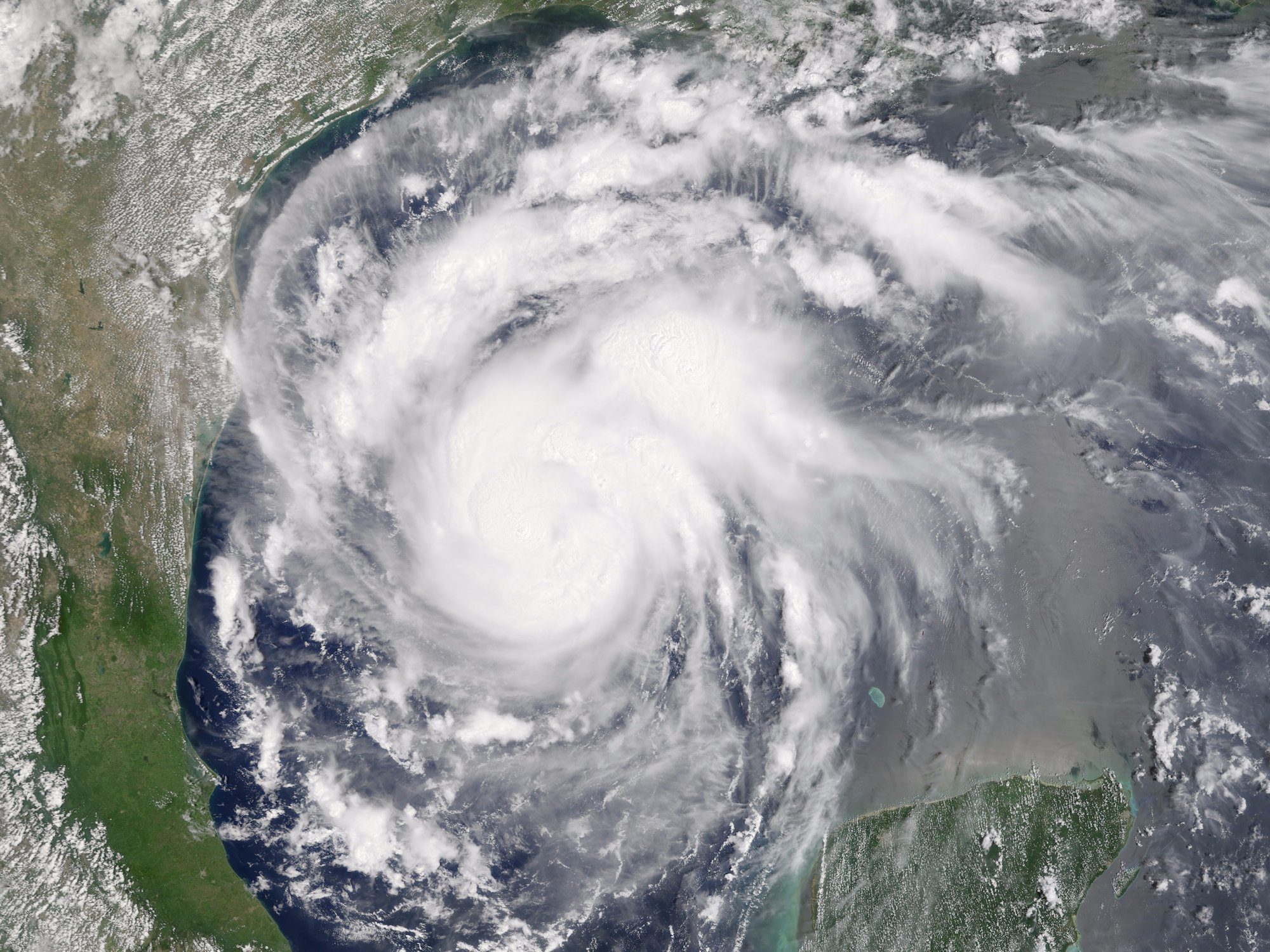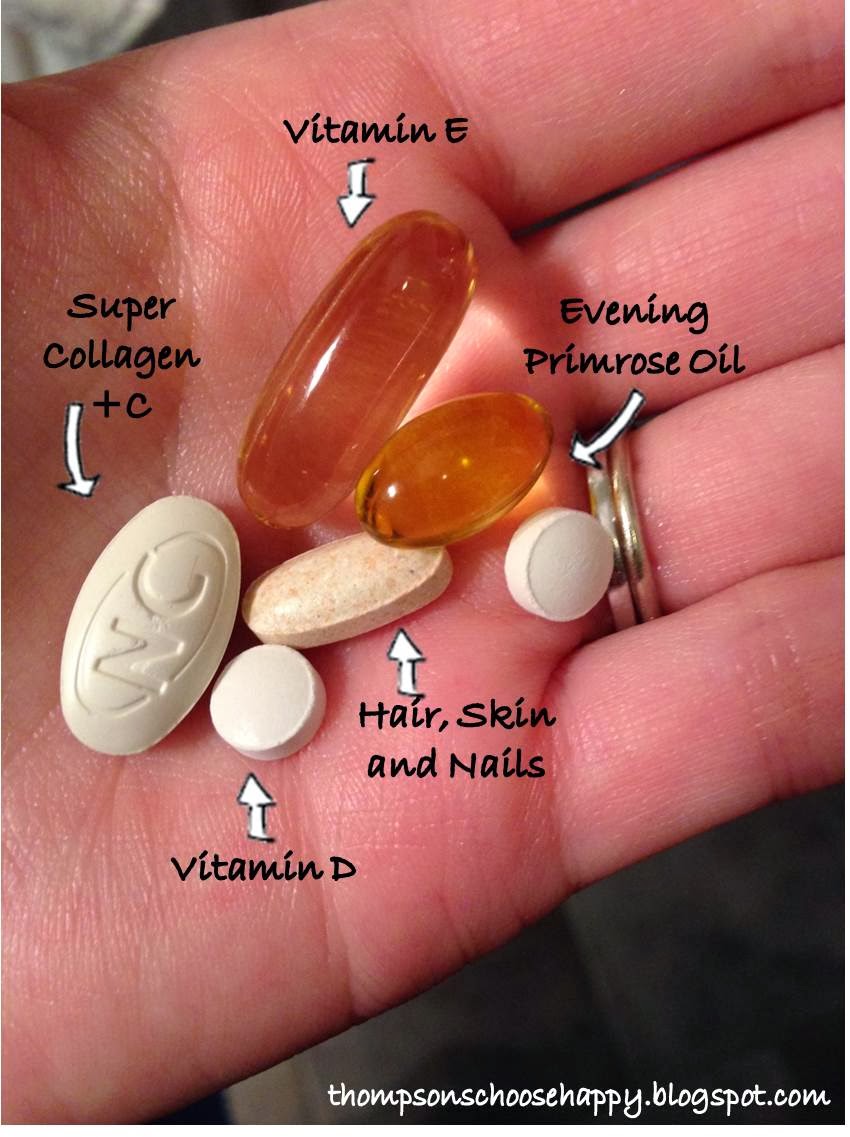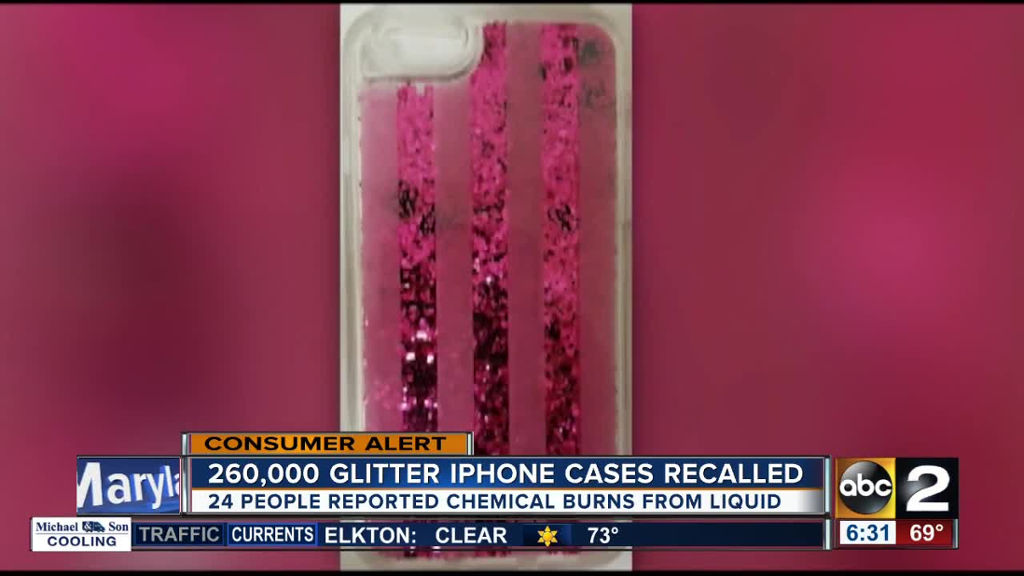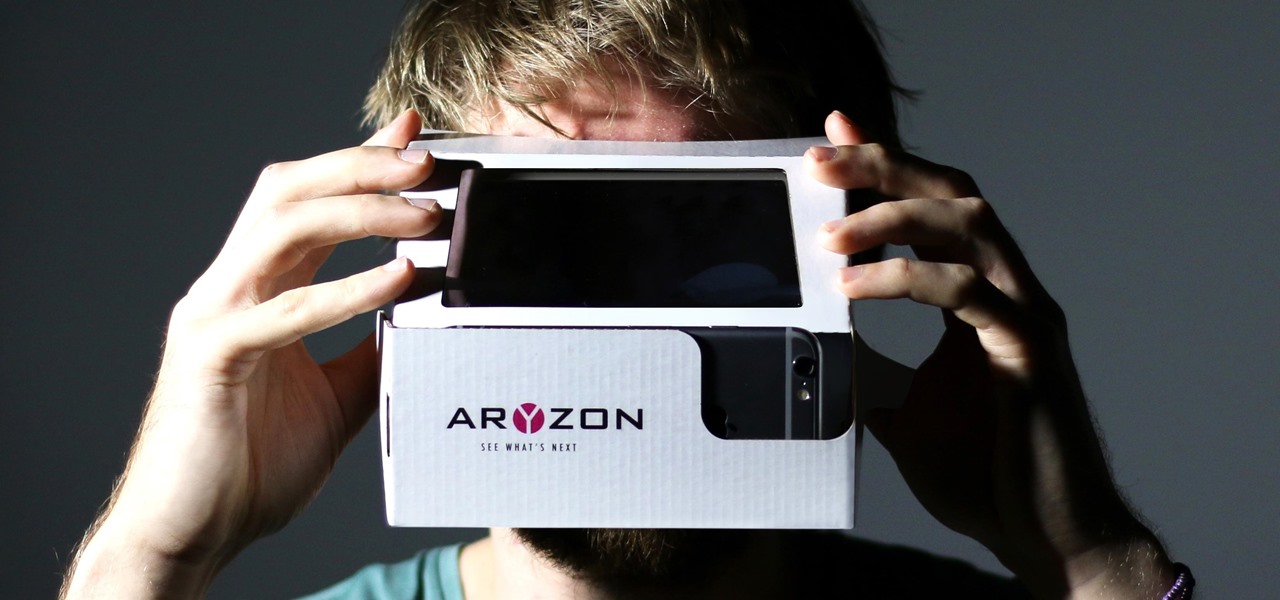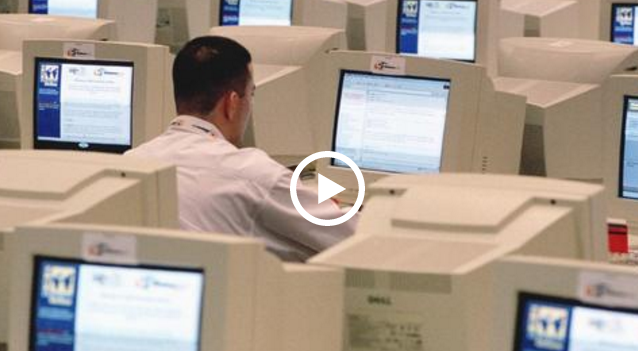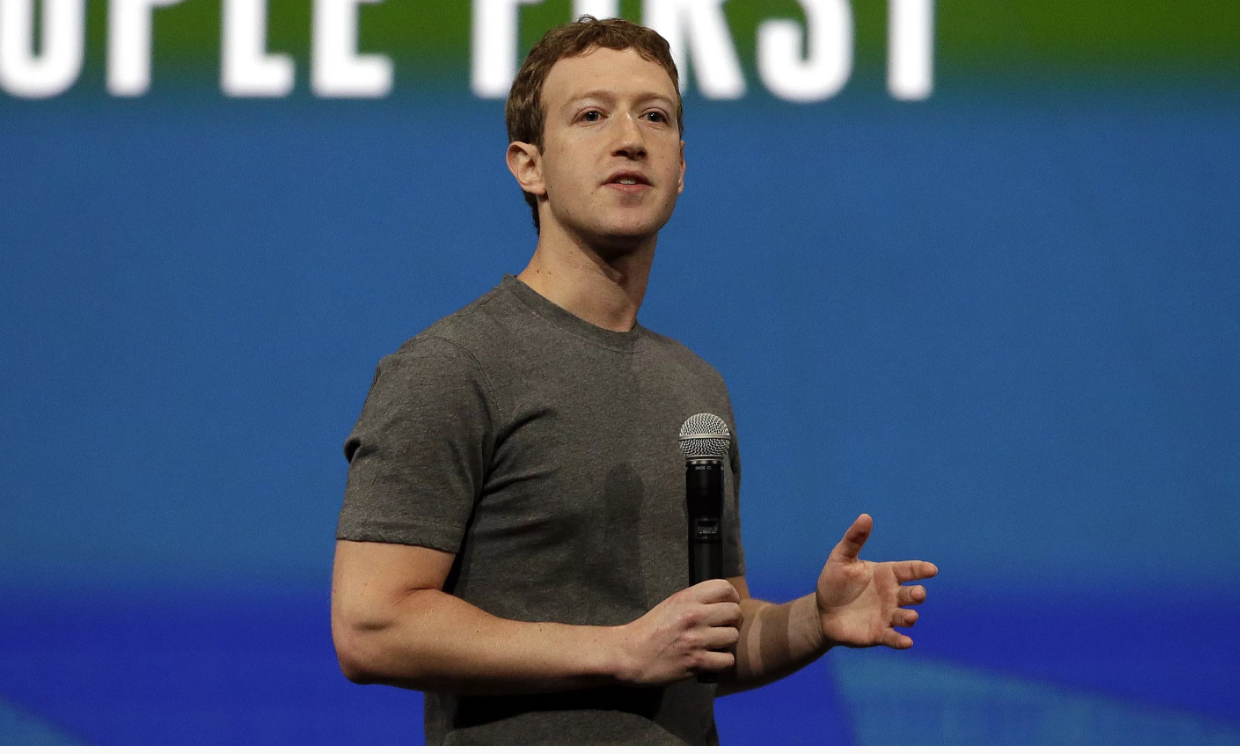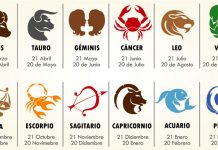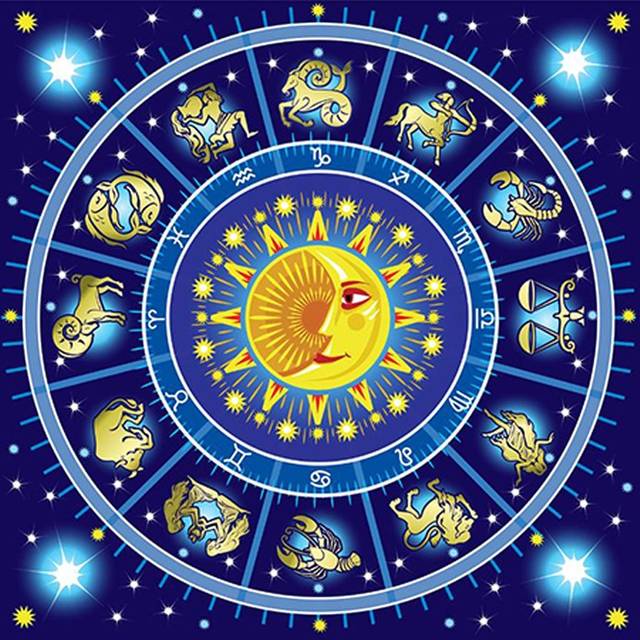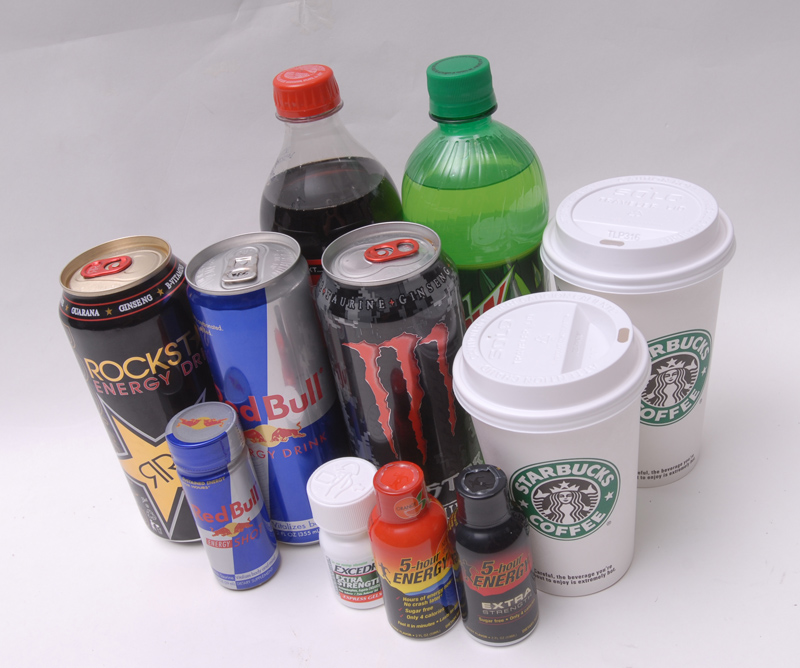A teen in South Carolina has died after drinking three caffeinated beverages over a 2-hour period.
The 16-year-old boy drank a large diet Mountain Dew, a McDonald’s cafe latte and an unnamed energy drink in that time, USA Today reported today (May 16).
The Richland county coroner, Gary Watts, said the teen’s death was caused by a “caffeine-induced cardiac event causing a probable arrhythmia,” according to USA Today. In other words, the caffeine caused a heart problem that could have led to an irregular heartbeat. Watts also said that the teen was healthy and didn’t have any medical problems that the caffeine could have exacerbated.
About 400 milligrams of caffeine a day, or four cups of coffee, is considered safe for healthy adults, according to the Mayo Clinic.
So how does caffeine cause such heart problems? And how could it lead to death at a young age?
“Caffeine is a stimulant,” said Dr. Lewis Nelson, the chairman of emergency medicine at Rutgers New Jersey Medical School in Newark, who was not involved in the teen’s case.
In general, stimulants “raise [a person’s] heart rate and can cause some people to have” heart problems, Nelson told Live Science. In particular, stimulants can disrupt the heart’s regular rhythm, he said.
Caffeine can also cause a person to have “difficult-to-treat seizures,” and these can make the effects on the heart worse, Nelson added.
Dr. Amy Durso, the deputy chief medical examiner for Richland County, South Carolina, where the teen lived, said it’s the amount of caffeine and the time frame over which it’s ingested that can put a person at risk, according to The State, a South Carolina newspaper.
“A cup of a coffee, a can of soda isn’t going to cause this thing,” Durso told The State.
Indeed, the director of the South Carolina Coroner’s Association, Dennis Fowler, told The State that he’s never seen this happen before.
However, caffeine’s effects on the heart have been documented.
In a 2015 study, published in the journal JAMA, researchers measured the blood pressure and hormone levels of healthy adults before and after they drank 16 ounces of an energy drink. They found that both of these increased after people consumed the drink.
These changes may put people at risk for heart problems, the researchers wrote in the study.
In addition, a case report from August 2016 described a 28-year-old man’s heart problems that landed him in the emergency room after drinking two energy drinks a day, plus alcohol, for months. The doctors who treated the man reported that his heart rate was fast and that he had an irregular heartbeat.
Originally published on Live Science.








